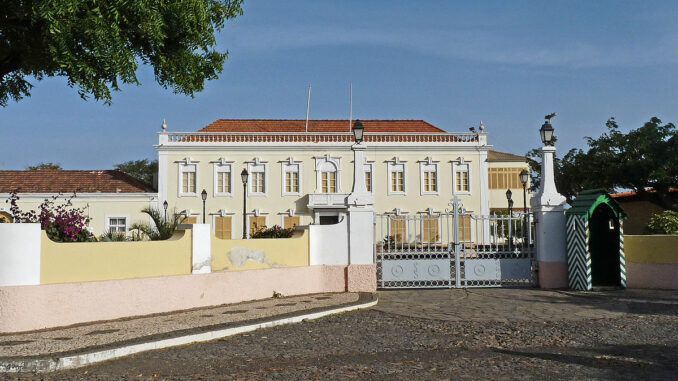
The Cape Verdean parliament voted, in generality, an amendment to the Penal Code proposed by the government to correct an error that, since 2021, reduces the statute of limitations for crimes of corruption, after the veto of the President of the Republic.
The document was approved in general terms by unanimity of the 68 deputies present in the session room, being 36 from the Movement for Democracy (MpD, in power), 28 from the African Party for the Independence of Cape Verde (PAICV, opposition) and four from the Independent and Democratic Cape Verdean Union (UCID, opposition).
After the approval in general terms, the deputies moved on to the discussion of specifics, article by article, in what is the second parliamentary session of December and the last of the calendar year.
The President of Cape Verde had previously vetoed this proposed law, which was the fifth amendment to the Penal Code, approved by the National Assembly last May and which according to the government corrected an error that reduces the statute of limitations for crimes of corruption.
“The law was vetoed by his Excellency the President of the Republic, came to the parliament and the parliament has already clarified to the conference of representatives that we have to consider the law again. We are waiting for the best moment, we have a deadline of 120 days,” said on November 23, in parliament, the president of the National Assembly, Austelino Correio, without stating the motivation invoked by the head of state.
At the origin of this case is the fourth amendment to the Cape Verde Penal Code of 2003, with several changes approved in parliament, published on February 11, 2021 in the Official Bulletin. However, according to the government and parliament information, it was published with an alleged typo in article 108, on prescriptions, different from the version approved in that body, and that in practice – because it was not also detected by the then President of the Republic, Jorge Carlos Fonseca, who promulgated it – reduced the 15-year statute of limitations for crimes of passive corruption, active corruption and influence peddling.
When the alleged error was detected, the time allowed to correct any lapses or typos in officially published documents had already passed, which led the Government to approve in April, in the Council of Ministers, a change (the fifth amendment to the Penal Code) to amend this error, which was then also approved by the National Assembly in May, going to the President of the Republic, who did not promulgate it.
“We verified that maybe there was some kind of typo, but it’s in parliament. And the parliament had 90 days to make the complaint, so to speak, and correct it. It passed, we didn’t correct it. When it was detected, then the process was triggered again and it’s underway and, as I said, it was vetoed and we will move forward with the process,” added Austelino Correia.
